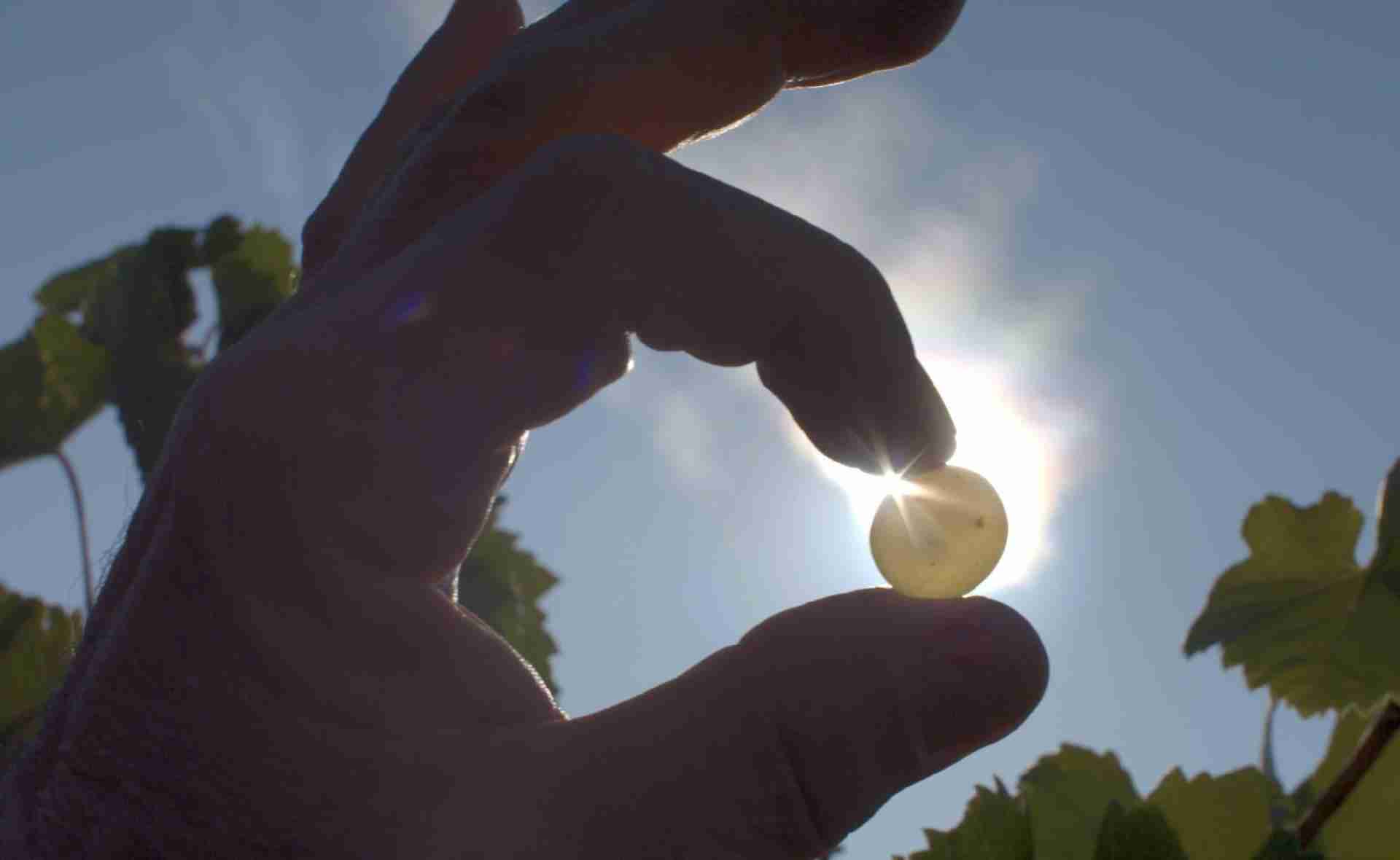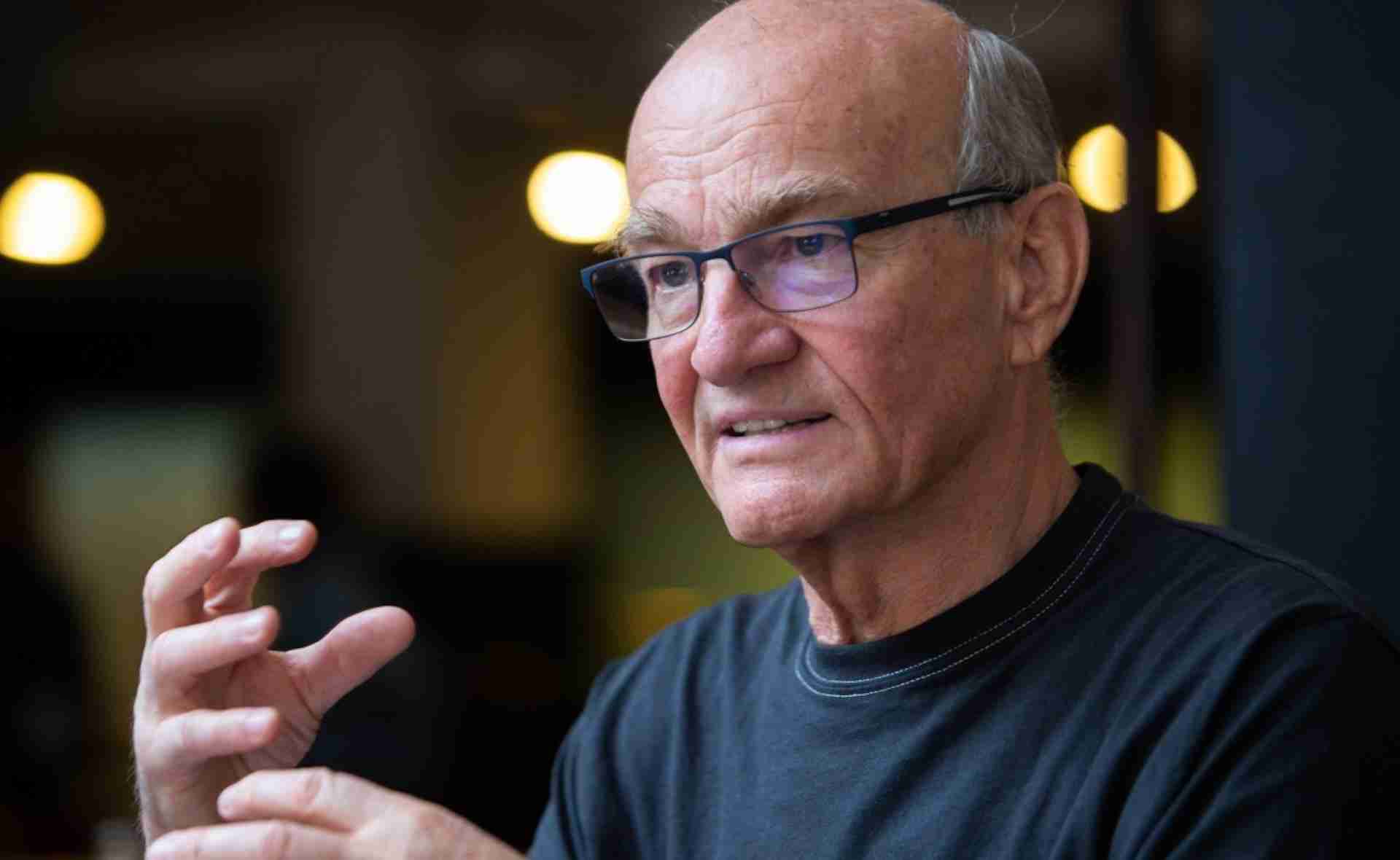
Liquid gold by Tamás Almási
The Day of Hungarian Culture has been celebrated on 22 January since 1989. Almost 200 years ago, on this day in 1823, Ferenc Kölcsey revised the manuscript of the Hungarian national anthem, the Hymnus.
In 2022, the Embassy of Hungary in Belgium celebrates the centenary of the establishment of diplomatic relations between the two countries, and the Liszt Institute's programme series will also focus on the links and shared history of Hungary and Belgium. On the Day of Hungarian Culture, we will therefore reflect on a shared historical moment of almost a thousand years.
Liquid Gold by Tamás Almási will be available to watch online for 24 hours, from 5PM on 22 January to 5PM on 23 January. You will receive the link and password to the movie by e-mail on 22 January at 11 AM after registration. Please register here to receive the link.
The documentary, screened as a Belgian premiere, presents the Tokaj wine production, whose development and international fame relied on the expertise of settlers who came to Hungary in several waves from the Belgian Walloon region.
"Today, the region of Tokaj-Hegyalja – which contains the village of Tállya – is one of the most important wine-producing regions in Hungary. (...) The name of the village is a clue in itself, as, according to the unanimous opinion of researchers, it was derived from the French word taille, meaning ‚cut’. The founders of the settlement were undoubtedly Walloon settlers who either moved from the Eger area due to overpopulation or came straight to the depopulated area during the Tartar invasion."
To be considered the most important wine-producing region, "the cultivation practices of pruning back the vine that had become established by this time were essential. And while it cannot be said that the popularity of these practices was only due to the Walloon influence, there can be no doubt that the Walloons played a crucial role in their development. The influence of the Walloons can also be observed in the tools used: archeological finds in Hegyalja have confirmed the 13th century use of pruning knives, which were also widespread in Wallonia and France." - writes Gabriella Wittlinger, historian, in Interconnections - Chapters on the historical relations between Hungary and Belgium, to be published by the Liszt Institute in 2022.
In its 1982 Mexico City Declaration on Cultural Policies, UNESCO defines culture as the spiritual, material, intellectual, and emotional features that characterize a society, a community, not only to be interpreted in the case of the arts, but also in the case of lifestyle, fundamental rights, principles, traditions and beliefs.
Hence, culture is more than the art of creation itself. Culture makes us human. It is the literature that enables us to design and immerse ourselves in a new world while reading a novel. It is the music that affects our emotions in a matter of seconds and captivates us. The fine arts, that gives back the moment in two dimensions. The dance that unleashes our unknown energies. The religion, faith and spirituality that show the way towards self-realization. The beliefs, the fairy tales that pass on centuries of knowledge and values to the rising new generations.
And, of course, gastronomy, with its special tastes and flavours. That's why on 22 January 2022, we will be showing online a documentary about one of the world's most famous wines, Tamás Almási's Liquid Gold. Rediscover the story of Tokaji Aszú, one of the world's most expensive and sought-after wines for nearly 300 years.
Liquid Gold (Folyékony arany)
(2019, documentary, color, 78 minutes, DolbyDigital)
The Aszú of Tokaj, a sweet wine of Hungary, was once cherished by King Louis XIV, Queen Victoria, Peter the Great, Goethe and Beethoven. But the world has since forgotten the noble Aszú; two world wars, the enforced collectivisation of the Communist regime and the deadly filoxera epidemic had all wreaked havoc on the vines. Three men: István Szepsy, the scion of a great Hungarian wine-making family, András Bacsó, the managing director of Oremus, and László Alkonyi, a once-successful stock broker who fell in love with wine-making and moved to Tokaj. One shared obsession: to return the Great Wine to its place on the most important tables of the world.
The men set the bar high: to make the world’s best, 100% naturally produced sweet wine. Battling nature’s whims and competing with global powers, could they better the grandest international wine producers and restore the Aszú to its former glory?
- Director: Tamás Almási
- Director of photography: Márton Vízkeleti
- Editor: László Hargittai
- Music: László Dés
- Producer: Julianna Ugrin
- Production company: Éclipse Film

Tamás Almási - (c) Polyák Attila
Tamás Almási is one of the most well known Hungarian documentary film makers. He graduated from the Academy of Film and Theatre of Budapest in 1979. He directs but sometimes also photographs his own films. He started his career as a feature film director, which has had a very important impact on his documentaries. His films are all drama centered and he uses strong emotional effects in them. So far, he has made more than twenty full-length documentaries, which have been screened at a number of highly reputed festivals in Europe and overseas with success.
His films have been broadcast (by television) in almost forty countries.
He has also been teaching filmmaking at Budapest, University of Drama, Film and Television.
His latest film was released in 2019 titled Liquid Gold (Folyékony arany).
